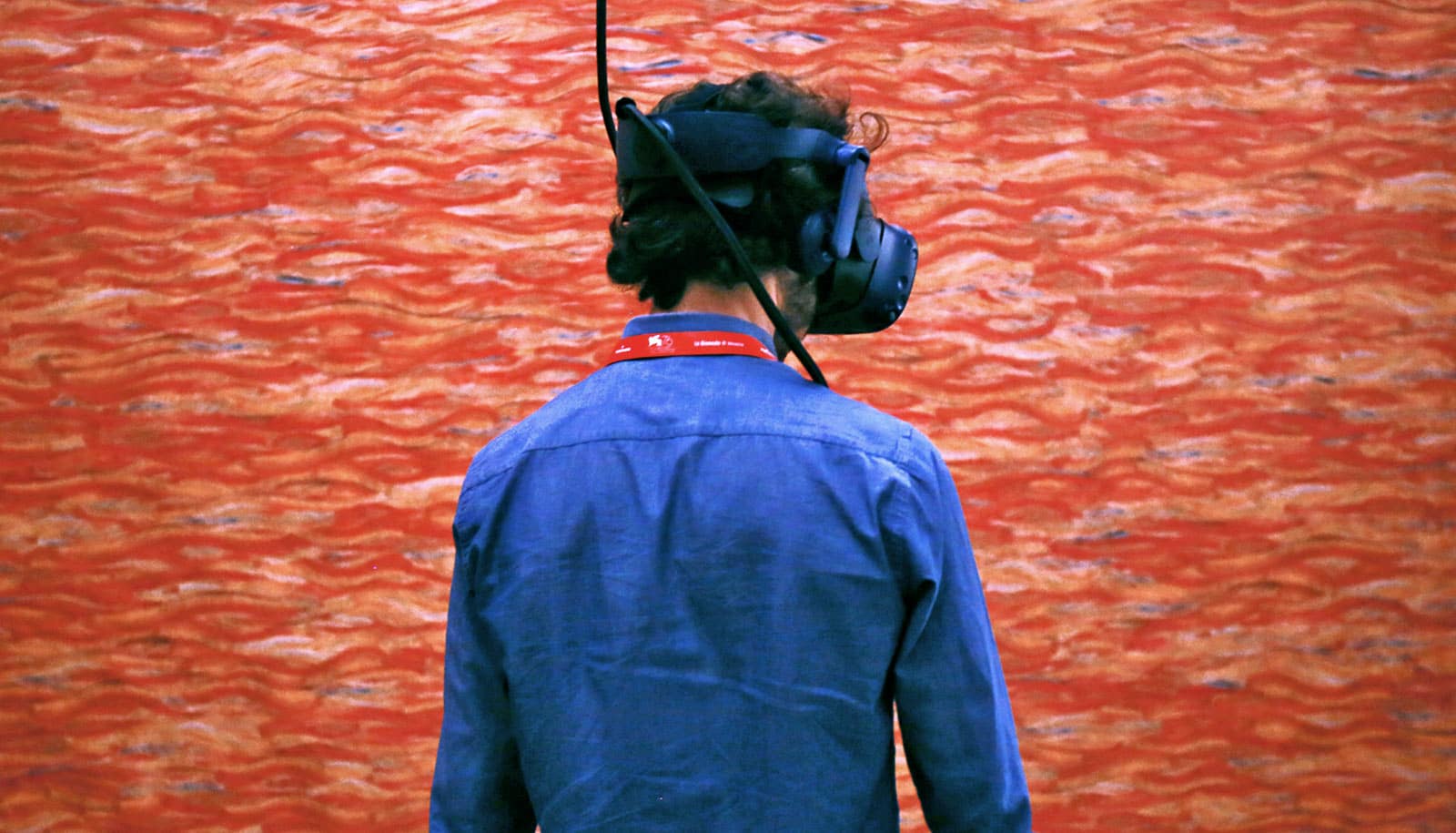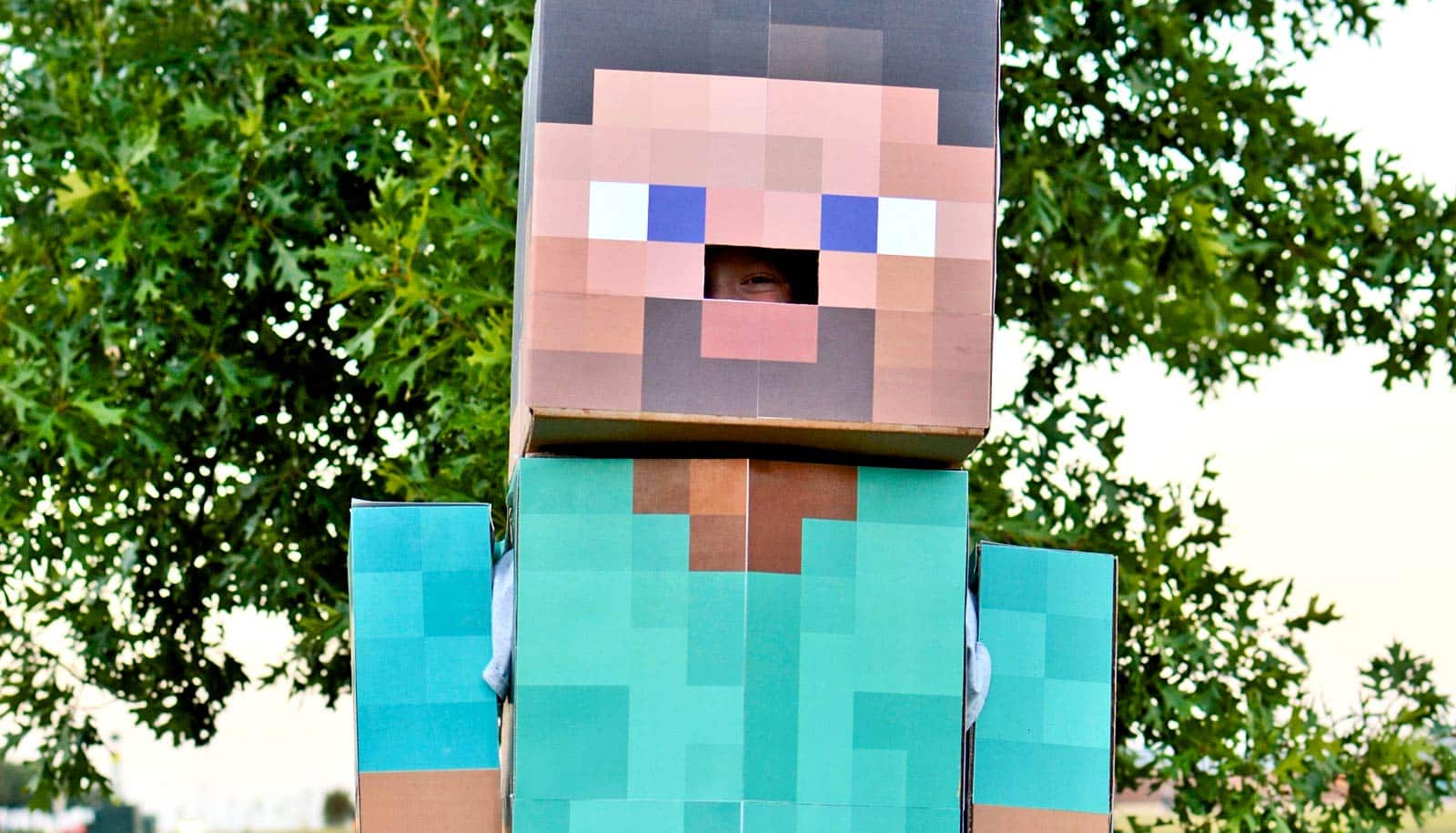Scientists are rethinking how to leverage games in a way to address some of the world’s biggest issues.
Professor Patrick Jagoda and Associate Professor Kristen Schilt, both of the University of Chicago, are designing alternate reality games that allow players to become active participants not just as players, but as designers.
By using these games to educate users about climate change, marginalization, and public health, these scholars and players are investigating how the process of crafting alternate realities can help reshape the real world in which we live.
“I see games as some of the most important social and cultural technologies that we have in the 21st century,” says Jagoda. “For both of us and our other collaborators, game design is a powerful mode of reshaping norms and the rules that we live by.”
Here, the two discuss what defines a game, how games can be used in education, and how alternate reality games can make real change:
Source: U. Chicago



